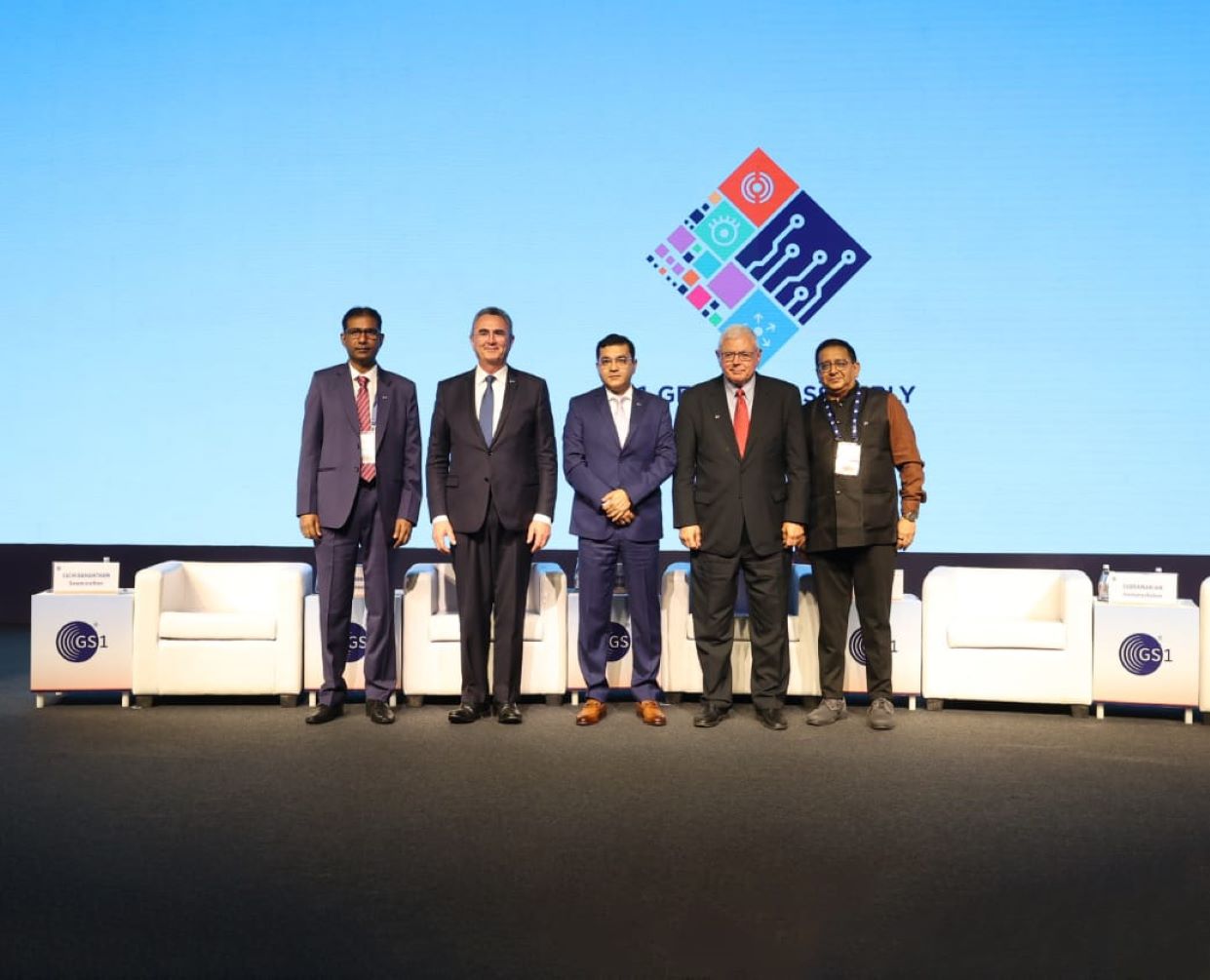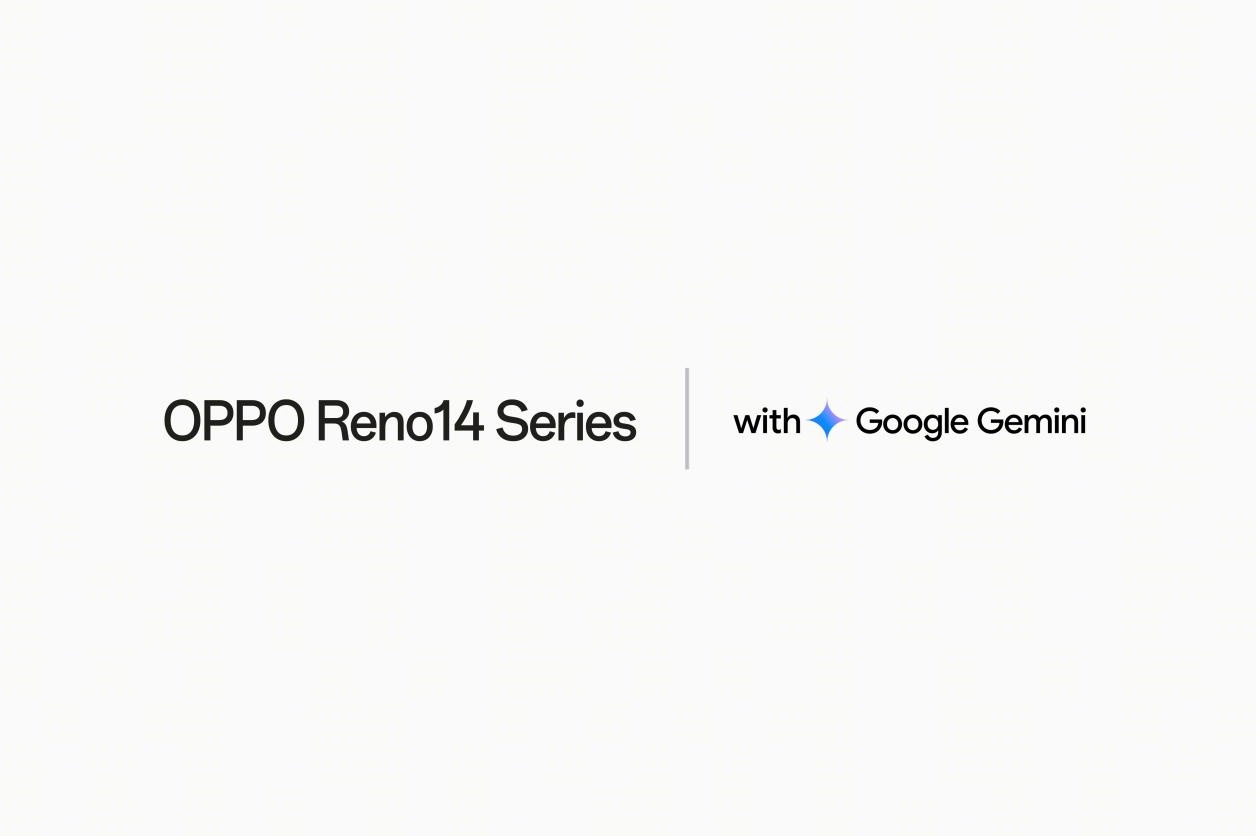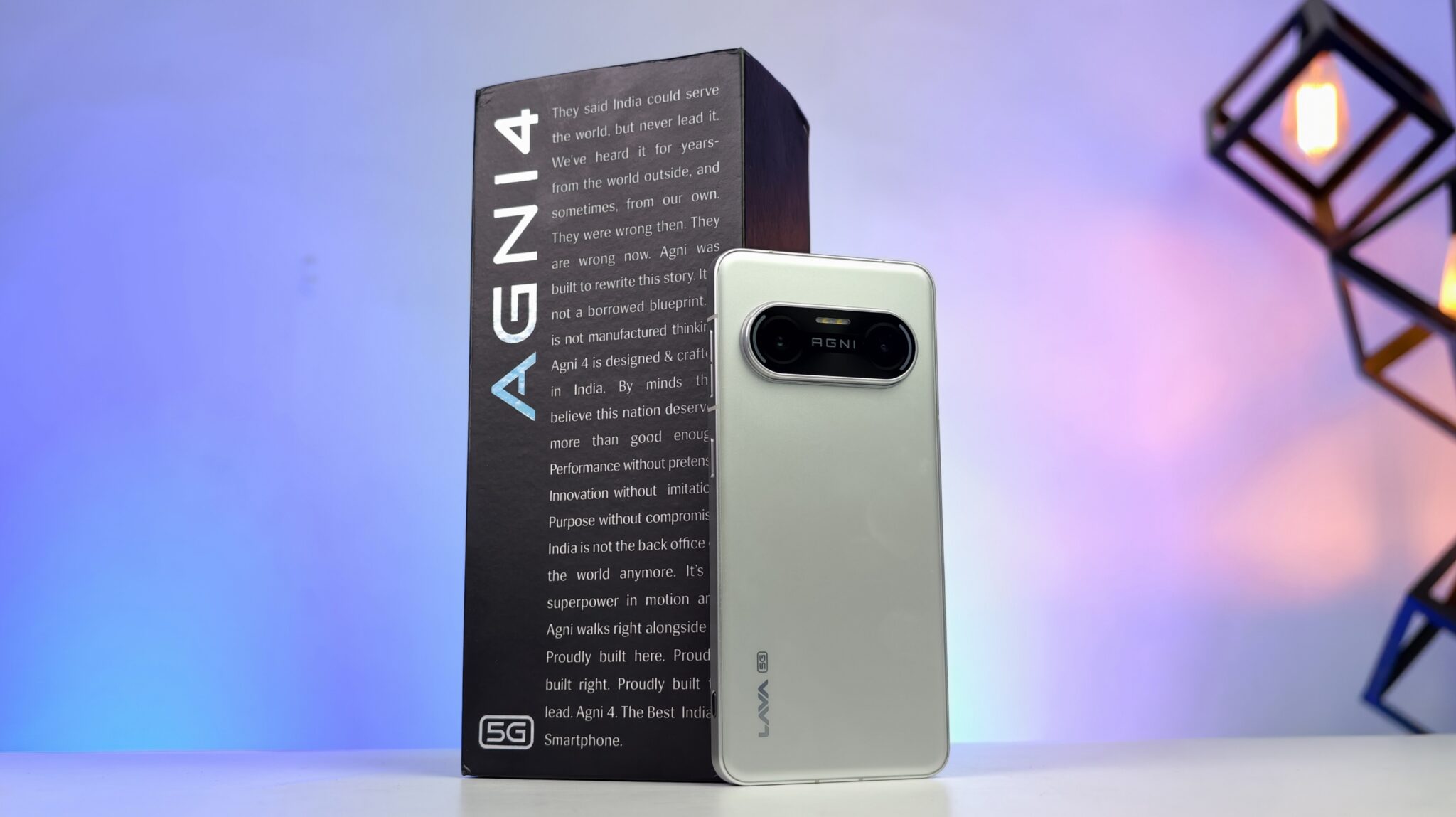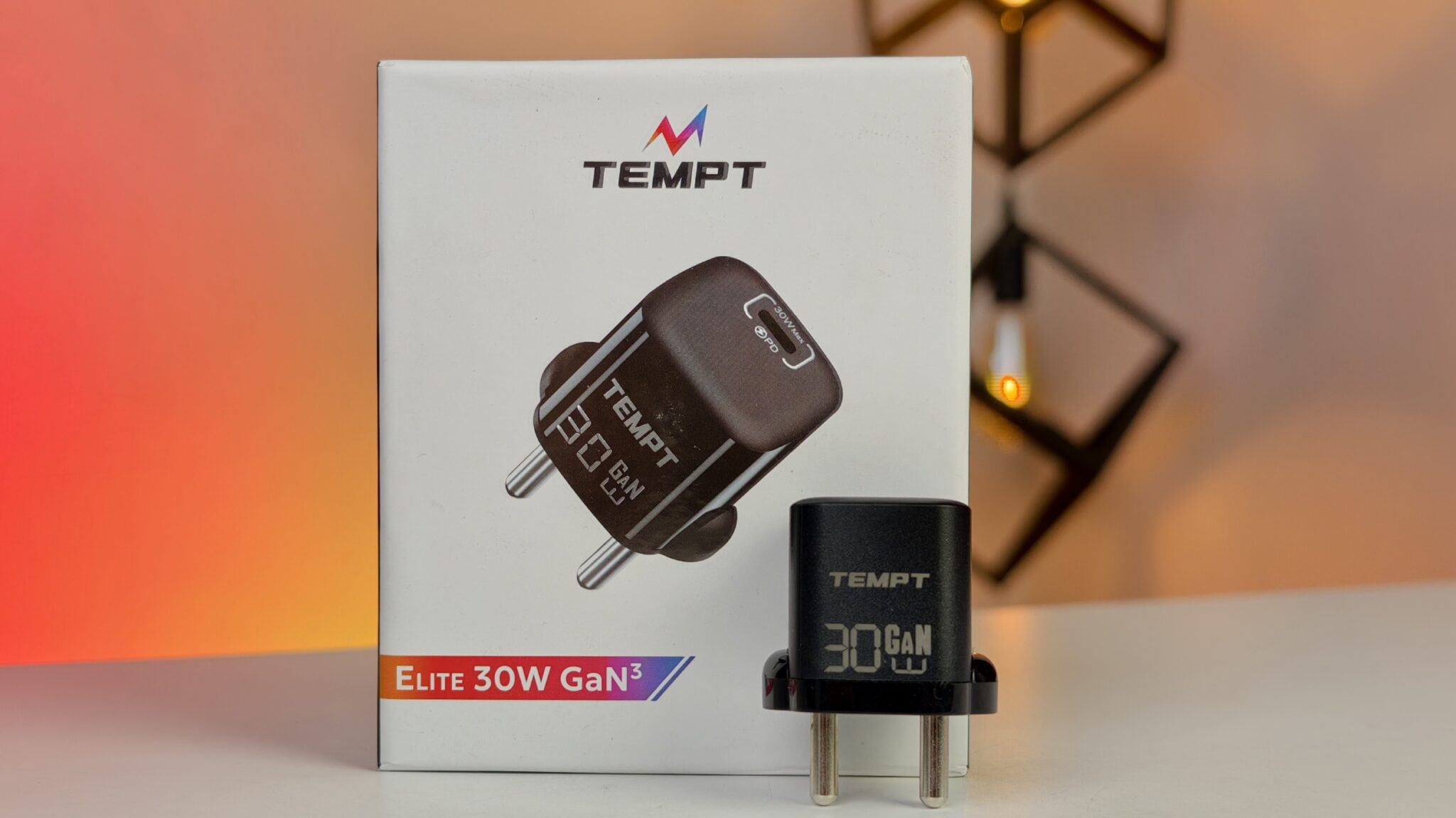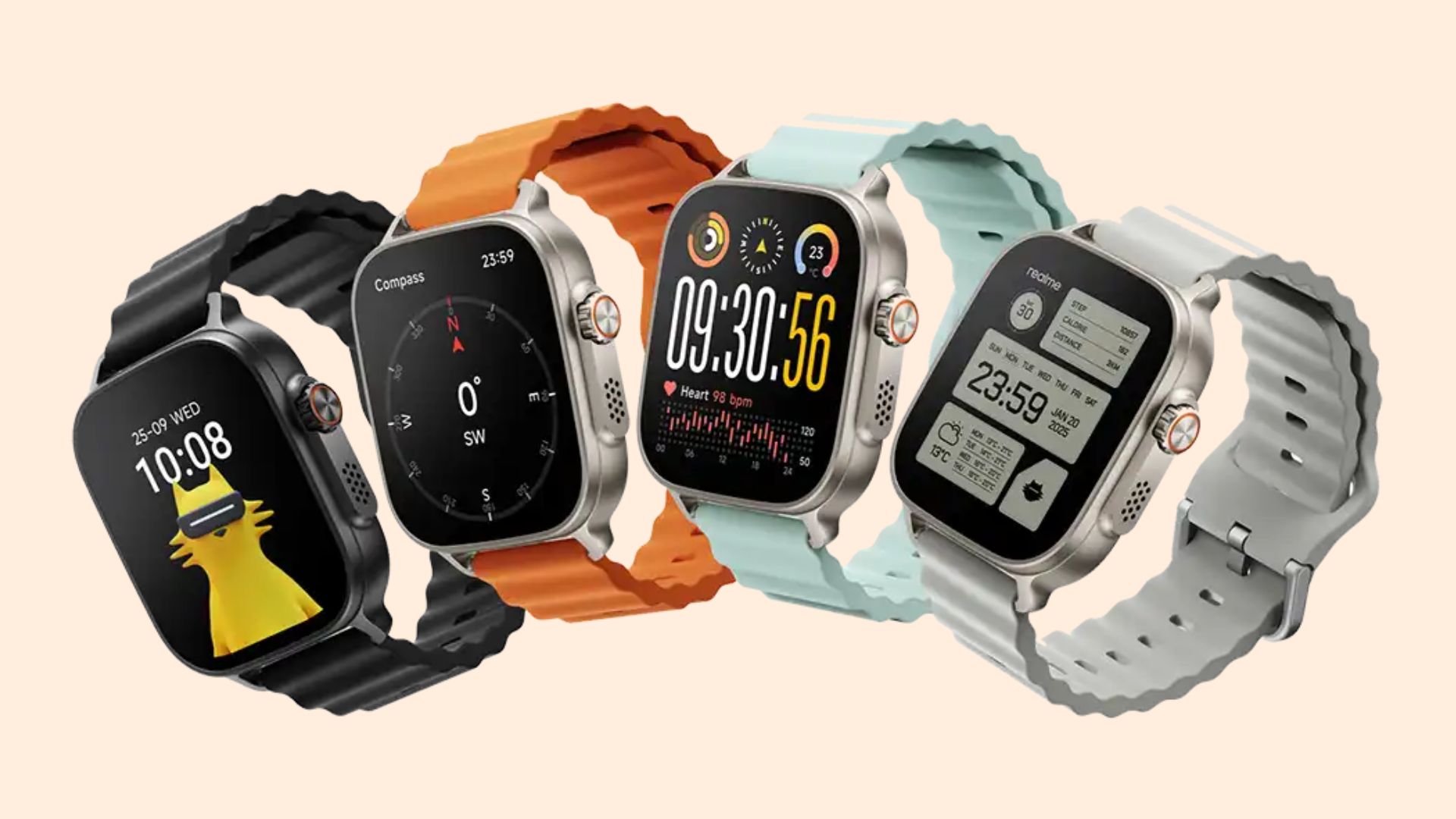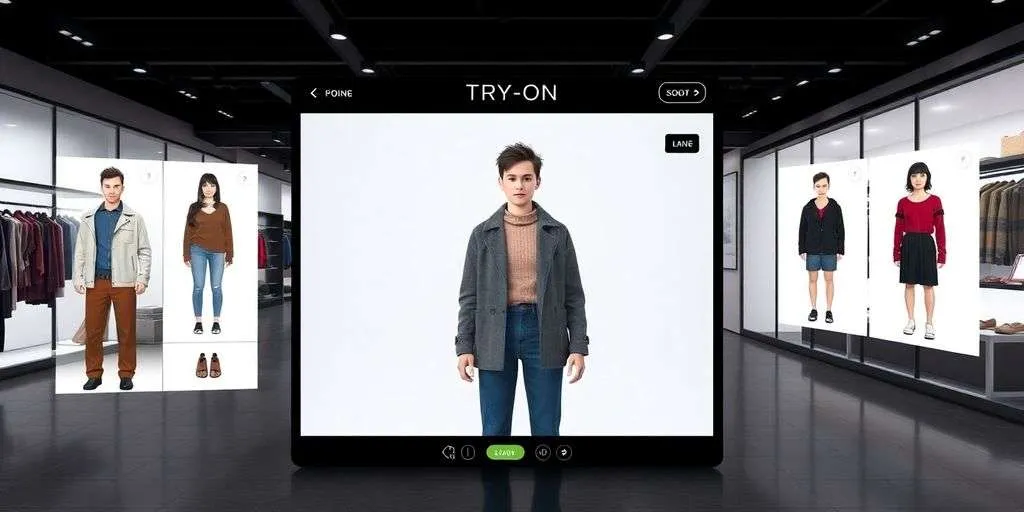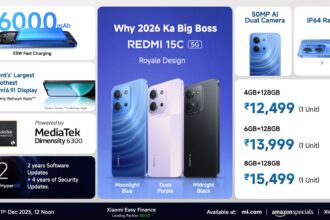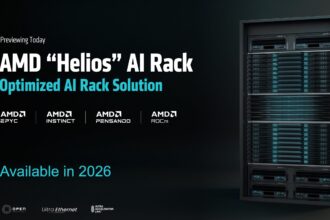The GS1 General Assembly 2025, hosted for the first time in India, brought together more than 150 leaders, tech experts, and regulators in Mumbai to reflect on data’s evolving role in a digital, AI-powered world. The overarching theme, “Building bridges for a better tomorrow,” underscored the rising importance of trusted data, collaboration, and streamlined digital systems. And as GS1 marks over half a century since introducing the barcode, the organization now casts its gaze toward Vision 2030—a roadmap to empower businesses, consumers, and society at large through reliable, high-quality data.
The Imperative of Trusted Data in an AI World
Mark Batenic, Chairman of the GS1 Management Board, didn’t mince words about the stakes. “The world is relying on digitisation more than ever,” he said, stressing that data quality is no longer optional. “It’s everything.” That level of trust in data—when it flows seamlessly and without question—can open up transformative possibilities across sectors, from global business operations to healthcare outcomes. The assembly’s purpose? To navigate what that kind of future might look like.
Renaud De Barbuat, President and CEO of GS1, raised a pressing question: How can industries truly thrive in an AI-driven landscape where real-time, trusted data isn’t just helpful—it’s foundational? He argued that collaboration is key, not just with GS1, but across governments and industries. From retail to transport and agriculture to healthcare, he pointed out that strengthening GS1 standards—particularly those rooted in dependable identification—would be crucial for any future that values interoperability and trust.
India’s Role in the Global Data Landscape
This being the first General Assembly hosted in India wasn’t just symbolic. It was a nod to India’s rapidly rising profile on the global stage. With the country on track to become the third-largest economy, its digital acceleration is reshaping industries like logistics, e-commerce, and healthcare.
Vimal Anand, President of GS1 India and Joint Secretary, Ministry of Commerce & Industry, observed that India isn’t just embracing digital transformation—it’s also helping lead it. He acknowledged GS1 India’s efforts in aligning global standards with India’s expanding ecosystem to enhance effectiveness and resilience.
- Swaminathan, CEO of GS1 India, offered a personal reflection. Back in 1996, when GS1 India started out, organized retailing was in its infancy. Now it represents around 13–14% of the market. Today, he said, trusted data has become an essential across the board. GS1 has spent a decade developing centralized registries in partnership with industry players—an essential step toward building systemic trust. Increasing digital demands and regulatory shifts, he added, make barcoding the new normal for the next generation.
- Subramaniam, Director at Reliance Retail, shared a broader view. He forecasted that India’s retail sector could jump from US$1.2 trillion to US$2.5 trillion by 2030. Subramaniam sees GS1 not just as a standards organization, but as a backbone for progress. Its solutions are reliable, adaptable, and increasingly indispensable. With data playing a central role in growth strategies, GS1 has become, in his view, part of everyday life.
AI and the Future of Data Systems
The future of AI—and how it interfaces with data—was another hot topic at the assembly.
Srikanth Velamkanni, Co-Founder of Fractal Analytics, mapped AI’s trajectory: from early pre-training models to modern autonomous agents. Drawing from Daniel Kahneman’s System-1 and System-2 framework, he described how AI is evolving from reactive to reasoned systems. More practically, he pointed out how businesses are adjusting—rethinking workflows, upskilling staff, and embedding ethical principles in AI strategies. These are all steps toward sustainable, tech-forward growth.
Sandeep Hardikar, CEO of Network Science, made a compelling point about transparency. For AI-enabled ecosystems to be trusted, he argued, they must be fundamentally transparent. He highlighted GS1’s role in creating a unified data signal—a sort of shared language—for everyone in the system. Hardikar advocated for a blend of technology and human systems: AI, blockchain, IoT on one hand; culture, people, and process on the other. And rather than chasing scattered “use cases,” he recommended a “metric-backward” approach—define the outcome first, then build the tech.
Industry Perspectives on GS1’s Impact
Several industry leaders weighed in with their on-the-ground experiences.
Himanshu Chakrawarti, CEO of Stellaro Brands, praised GS1 India’s collaborative spirit and its practical contributions to e-commerce. With 1.4 billion Indians steadily entering the middle class, he sees a massive opportunity for direct-to-consumer brands—especially in value-based fashion. For him, GS1’s standards have been instrumental in improving inventory accuracy and supply chain integration. He floated ideas for further innovation, like broader adoption of QR codes.
Dr. Maluk Mohammed, Co-founder and VP of Research at Twin Health, offered a different lens—human metabolism. He noted its dynamic nature: each person’s metabolic profile changes over time. Traditional medicine often treats symptoms rather than root causes, he explained, leading to chronic condition management instead of resolution. It’s another area, perhaps, where smarter data could shift the paradigm.
The four-day GS1 General Assembly 2025 wrapped up on May 22. But the conversations it sparked—on trust, technology, and transformation—will likely echo far beyond.
GS1 reaffirmed its commitment to speeding up the world’s digital shift, making supply chains more stable, more transparent, and more resilient. Vision 2030 stood at the heart of every session, every debate. Whether it can truly secure our digital future remains to be seen. But one thing is certain: the groundwork is being laid right now.


